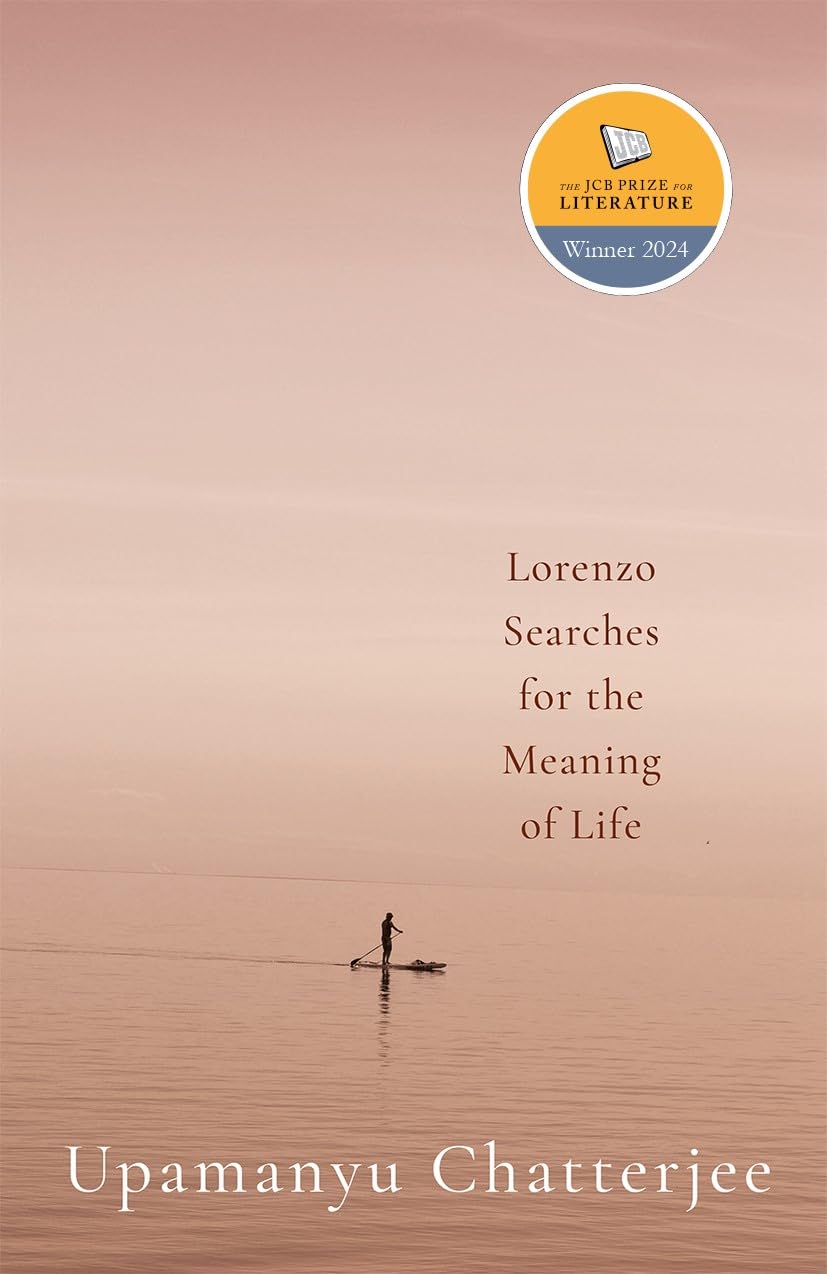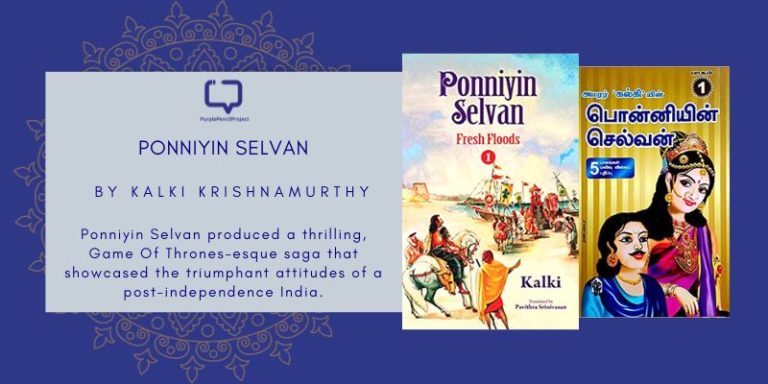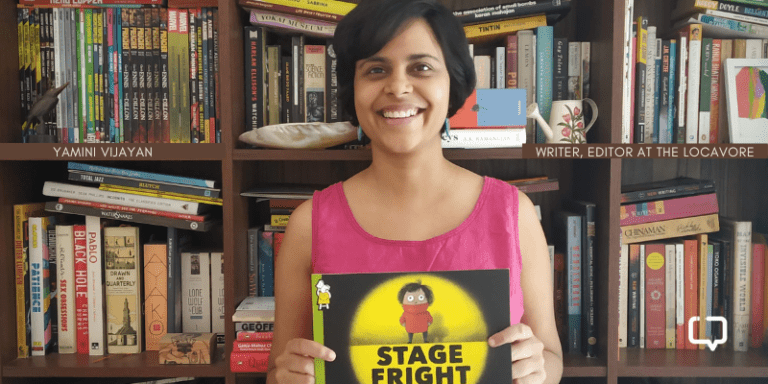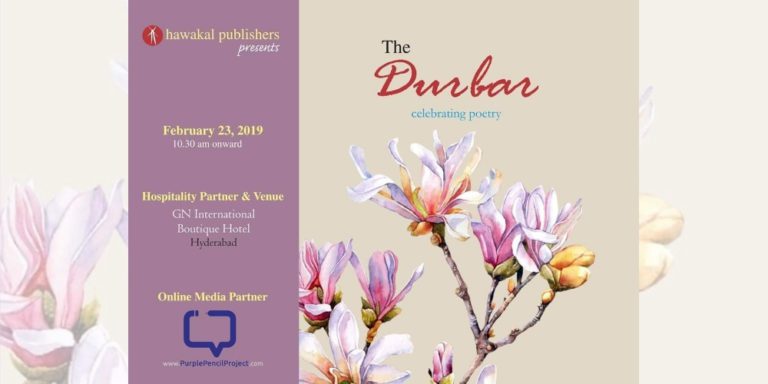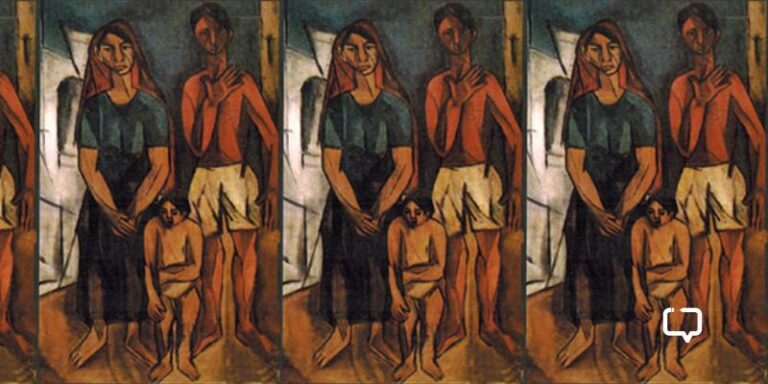“To everything, turn, turn, turn,
There is a season, turn, turn, turn,
And a time to every purpose under heaven.”
This song by The Byrds, which I’ve always loved and happen to be listening to as I write, came back to me as I turned the last page of Lorenzo Searches for the Meaning of Life.
To embrace what’s in season is to say yes to life. Yet, there are times when the season outside doesn’t align with the season inside one’s soul. There is a time for everything, but who decides when that time is?
Lorenzo Searches for the Meaning of Life attempts to answer this question—or perhaps, more simply, it offers an alternative framework for living a good life. It’s a fictionalized account of the life of Fabrizio Senesi, a close friend of author Upamanyu Chatterjee. I can only imagine the deep, thoughtful conversations they must have had, conversations that likely sparked the idea for this quiet, introspective novel.
It’s a coming-of-age book, after a fashion, though in a rather round-about fashion, in the sense that any story where the central character undergoes significant growth can be considered a coming-of-age tale, not just those that begin with a teenage protagonist—which, in this case, it does. It is also, in part, an East-West novel, but it approaches that theme with a soft touch and a gentle kindness, even as the situation inevitably lends itself to some charming moments of humour.
Living a Life Less Ordinary
Lorenzo Senesi is a nine-teen year old from Aquilina, Italy, who after an accident on his scooter, breaks his arm and spends a month in bed, not watching Netflix, because this is the good old 70s, but contemplating his life’s purpose. How this leads him to studying physiotherapy, joining a prayer group, becoming a Benedictine monk sequestered in an Italian monastery, then moving to a Benedictine ashram in Khulna district of Bangladesh (my favourite part of the book, where east-meets-west) is what this book is all about.
Do me a favour, read this review if you like but do not read the book blurb. I did not, till I sat down to write this review and I enjoyed the book so much more because of that. (The blurb is spoiler-filled, in the way most movie trailers are cut these days.)
Virtue in Silence
More than half of Lorenzo Searches for the Meaning of Life deals with Lorenzo’s early life where he has chosen a monastic life in a Benedictine monastery in Praglia, Italy. It is a life of prayer and contemplation, but also of clockwork routine punctuated by prayers—Matins, Lauds, Terce, and Sext. Between Terce and Sext, the monks are busy working in the apiary, the garden, the cosmetics lab, the laundry, the clinic, or conducting some art projects in devotion to God. Evenings are for private meditations and study, something Lorenzo looks forward to the most.
“The desert does not mean the absence of men, it means the presence of God.”
It took me a while to get used to the vocabulary of life in a Benedictine monastery, a world foreign to most of us. But once I settled into the rhythm of the prose, I began to find the descriptions of its everyday routines surprisingly calming. Upamanyu Chatterjee writes about monastic life with a sense of biblical dignity, yet, being Chatterjee, the reader is also treated to his signature humour and tongue-in-cheek irreverence.
“Perhaps he’s not all there, thinks Lorenzo. Might be easier to fill an empty space with the presence of the Lord (and then chastises himself for the thought—but not before having allowed himself to think it.)”
The prose is rarely straightforward, requiring the reader to put in some effort, but once it clicks, it makes you chuckle in delight.
“Money is not a dirty word, even for those who have vowed to remain utterly and absolutely poor; indeed, money is essential in the matter of keeping the body and soul together so as to enable them to practise their pauperdom.”
This is also a deeply philosophical book, shaped by all the time Lorenzo spends in quiet contemplation. I wonder if it was Fabrizio Senesi’s time in Bangladesh or Chatterjee’s own Eastern sensibility that inspires a more fluid interpretation of the Bible, such as—
“We are all familiar with historians who speculate about what might have happened and who posit alternative versions of the story but here we have a book that provides those alternative versions as though they are all true. This creates an effect—even more resonant in a sacred text—of its truth—or truths, its religious, historical, mythical, fictional truths—lying beyond, on the other side of its words, to be sensed, experienced rather than read.”
Through it all, we are made privy to his spiritual growth which might have a lesson or ten along the way for the rest of us.
“Lorenzo has slowly become more and more inclined to believe that it may be possible to carry within him all that he needs for the spiritual life; that belief has been accompanied by a corresponding disinterest in the symbolic externals of religion.”
Go ye into all the World
Things change when Luca, an Italian monk settled in Khulna, Bangladesh, visits the abbey in Praglia with the proposal to make his modest Benedictine ashram in Khulna a dependent monastery of the Abbey. I felt the book really comes alive when Luca invites Lorenzo to accompany him back to Khulna. After much contemplation, and reminded of the exhortation of Mark: “Go ye into all the world. Travel to the four corners of the earth with the word of God for company, for succour and for protection”, he decides to embark upon yet another life altering journey to Bangladesh, via England.
Lorenzo spends eight months in London learning the English language and is exposed to the television and the news. This exposure marks the beginning of his transformation from a man of God to a man of the world.
“At the end of a rough day, particularly when its disquiet is created in no small measure by the calamities dissected with such relish on TV, the repetition of the prayer becomes indispensable. For once one is in the world, it is impossible to ignore it; more, even while maintaining distance, it is necessary to be aware of it—and it does not always appear to be God’s finest creation.”
The more he is out in the world, the more he realises that evil is all around because, in the world God created, the Devil hides in people’s hearts. The real struggle is inside us.
“The battle lies within, one must fight it, in the seclusion of a monastery, yes, but also in Piccadilly Circus and on the Dunes of the Sahara, Amidst the burning oil fields of Kuwait and the lush, impossibly green rice fields of the tropics. The notion, acknowledges Lorenzo, is as old as religion but has altogether another force when, instead of hearing it from the pulpit on a sunny Sunday morning, one arrives at it as the conclusion of a meditative process more focused than most intense reasoning.”
East is East
Before touching down in Bangladesh, Lorenzo is advised to keep his mouth shut and listen. “When you really listen, even the wind in the palm trees has a story to tell.” Lorenzo listens patiently to the utter chaos and cacophony of Bangladesh, learns Bengali, falls in love with the sugary cha of the subcontinent and with this country. This, as mentioned, is my favourite part of Lorenzo Searches for the Meaning of Life, because of the warmth with which Chatterjee portrays a Western perspective on our side of the world. I’m still smiling at the melodious prose where Chatterjee describes Lorenzo doing the laundry in a public tank, in sharp contrast to the huge washing machines of the Abbey in Praglia. He likens the soft, rhythmical squelchy noise of bouncing the soaped up clothes on the steps of the public tank to the gurgles of a baby during a gentle oil massage. It is a happy sound, and this is mostly a happy book! The humour never feels forced or disrespectful, and the one situation where the author exclaims “what the hell!” is, even a man of God would acknowledge, the only natural reaction.
Besides the situational comedy, philosophical exchange between East and West adds depth to Lorenzo’s journey. When Luca and Lorenzo read the news about Otzi the Iceman, Luca says “We should be grateful to our climate that helps us to preserve our history better. In contrast, you will see how everything decays in the heat and humidity of the tropics. That is one reason, so the theory goes, for their belief that the immaterial alone is what is worth preserving.” In yet another exchange between Lorenzo and a local Bangladeshi artist, the artist tells him, “In the painting that you plan, Babu, you want to capture, I think, the unchanging eternal. Whereas I only try and depict the cycle of the seasons, the arrival of the Goddess and her departure, the seasons that pass with her and reappear in due time, the ever-changing eternal.”
To Everything There is a Season
In Hinduism, the four ashrams represent the stages of life: Brahmacharya, which focuses on learning and self-discipline; Grihastha, which involves marriage, family life, and societal responsibilities; Vanaprastha, the withdrawal from worldly life to pursue spirituality; and Sannyasa, the renunciation of material life to seek spiritual liberation.
Without revealing more of the plot (still less than what’s on the blurb), it’s interesting how Lorenzo goes through all four stages of life, but not in the traditional order, or in Chatterjee’s words, “anti-clockwise”. This is why I was reminded of the song by The Byrds, with its lyrics based on a passage from the Bible’s the Book of Ecclesiastes.
Luca had once told Lorenzo, “If you decide to join us in Bangladesh, remember it will be life that would have pulled you out of the cloister.” And that is perhaps the moral of this extraordinary life of an ordinary man, if we must look for one. Life has its own flow, and resisting it is both futile and counterproductive. The best thing you can say about Lorenzo is that he was fully attuned to this flow. His story unfolds on its own path, with history taking place in the background, a bit like Forrest Gump. Another key takeaway from his journey is that the experiences we gather over time can be invaluable when we least expect them.
Conclusion
Lorenzo Searches for the Meaning of Life is a meditation on the ebb and flow of life’s seasons. Lorenzo’s unconventional journey through the stages of life offers readers an introspective and gentle exploration of spiritual growth, personal transformation, and the intersection of East and West. By embracing the unpredictable forces of life—its chaos, its humour, and its quiet moments—Lorenzo’s story reminds us that meaning isn’t something we can plan or control, but something that unfolds naturally when we are attuned to the rhythms of the world around us. It is a story not just of one man’s journey, but of how we all navigate the seasons of our own lives, with all their surprises and contradictions.
Best quotes on life
“For eight years, I have remained apart from this stridency, this babble, it is good, there does lie infinite virtue in silence. And then again an imp of a voice within him asks: but is it correct to stay away from this madness, from human beings butchering and blowing one another up in every corner of the globe, could one ever escape this insanity, saying that it is none of my business? Other than that perfect kingdom above the clouds, there was no other haven, was there, here amongst the fallen. And wasn’t that what one should aim for, to find meaning right here amidst the damned?”







